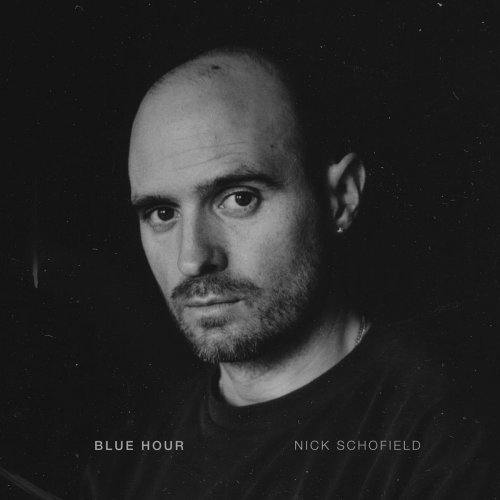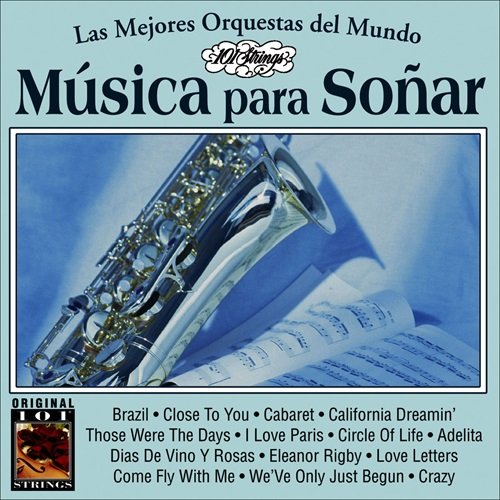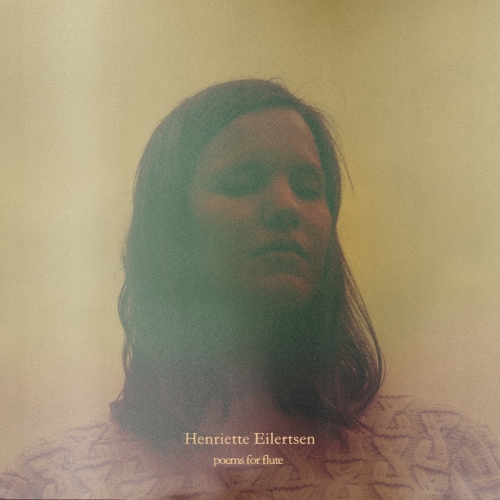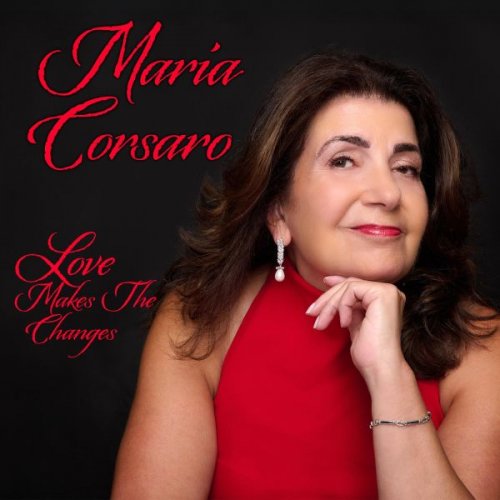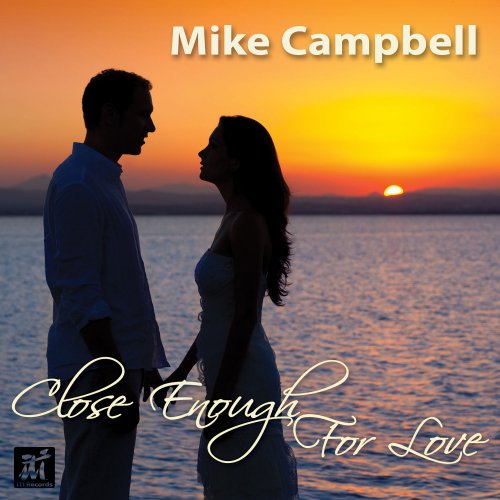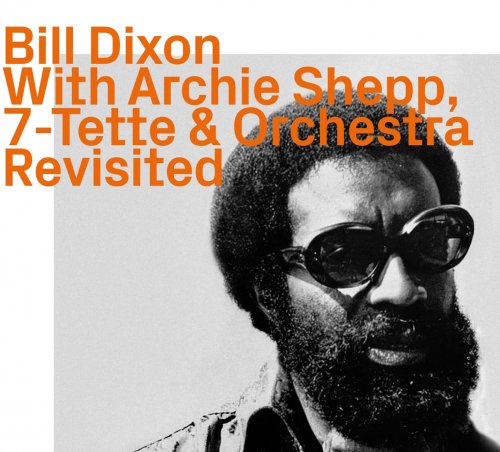John Hicks - Hells Bells (2025) [Hi-Res]
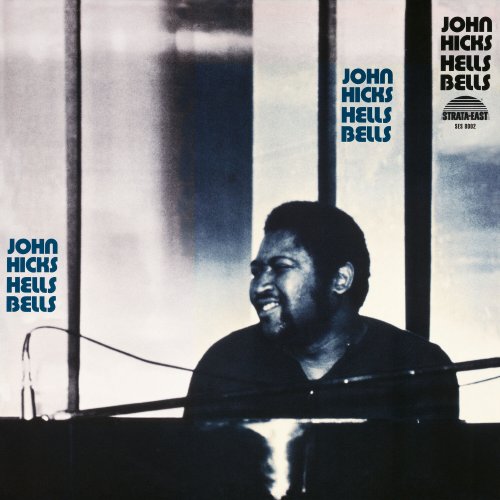
Artist: John Hicks, Clint Houston, Cliff Barbaro
Title: Hells Bells
Year Of Release: 1980 / 2025
Label: Mack Avenue Records
Genre: Jazz
Quality: FLAC (tracks) [192kHz/24bit]
Total Time: 47:01
Total Size: 1.69 GB
WebSite: Album Preview
Tracklist:Title: Hells Bells
Year Of Release: 1980 / 2025
Label: Mack Avenue Records
Genre: Jazz
Quality: FLAC (tracks) [192kHz/24bit]
Total Time: 47:01
Total Size: 1.69 GB
WebSite: Album Preview
1. John Hicks – Hell's Bells (09:45)
2. John Hicks – Avojca (08:44)
3. John Hicks – Yemenja (10:50)
4. John Hicks – Angie's Tune (09:27)
5. John Hicks – There Is No Greater Love (Bonus Track) (08:14)
John Hicks's amazing jazz trio album 'Hells Bells’ showcases his personal style which harmoniously blended a melodious romanticism with buoyant, inventive, dramatic flair incorporating elements of swing, bop and avant-garde. Part of the strength of the record is bassist Clint Houston who's completely sublime throughout, and has a way of shaping his notes with this depth that seems to set Hicks free to fly across the keys of the piano on these very long original tunes which would test the mettle of any pianist. Hicks and his cohorts are undaunted, and approach the compositions filled with fascination and motivation...
John Hicks (1941-2006) gave much to jazz over several decades but never really received the appreciation he so richly deserved. As a pianist, he proved himself in the Art Blakey and Betty Carter universities. He was also the prototypical musician's musician, a first-call pianist for many jazz greats and a magnificent accompanist to the art's best saxists, including Pharoah Sanders, Arthur Blythe, Chico Freeman, Archie Shepp, and David Murray. He was often accused of hovering in McCoy Tyner's shadow, which is unfair and untrue. But he evinced a great fondness for Coltrane's music and was often heard on many a Coltrane tribute, showing affection for the saxophonist and his appreciation for Tyner's contribution to Coltrane's finest music. Another facet of John Hicks' career, which gets even less attention than his wondrous playing, is his ability to craft identifiable compositions that are wandering and melodic, suggestive and malleable yet memorable all at once. It would be difficult to conceive the ideal tribute to John Hicks. As a jazz contributor, he wasn't easily pigeon-holed. While he was always a (straight) jazz player, he skirted the edges of free jazz and pure romanticism that neither side ever appreciates in the other. But both camps could find moments of joyous life in all the ways Hicks chose to express himself. He was an unmistakably perfect accompanist in any mode.
John Hicks, piano
Clint Houston, double bass
Cliff Barbaro, drums
John Hicks (1941-2006) gave much to jazz over several decades but never really received the appreciation he so richly deserved. As a pianist, he proved himself in the Art Blakey and Betty Carter universities. He was also the prototypical musician's musician, a first-call pianist for many jazz greats and a magnificent accompanist to the art's best saxists, including Pharoah Sanders, Arthur Blythe, Chico Freeman, Archie Shepp, and David Murray. He was often accused of hovering in McCoy Tyner's shadow, which is unfair and untrue. But he evinced a great fondness for Coltrane's music and was often heard on many a Coltrane tribute, showing affection for the saxophonist and his appreciation for Tyner's contribution to Coltrane's finest music. Another facet of John Hicks' career, which gets even less attention than his wondrous playing, is his ability to craft identifiable compositions that are wandering and melodic, suggestive and malleable yet memorable all at once. It would be difficult to conceive the ideal tribute to John Hicks. As a jazz contributor, he wasn't easily pigeon-holed. While he was always a (straight) jazz player, he skirted the edges of free jazz and pure romanticism that neither side ever appreciates in the other. But both camps could find moments of joyous life in all the ways Hicks chose to express himself. He was an unmistakably perfect accompanist in any mode.
John Hicks, piano
Clint Houston, double bass
Cliff Barbaro, drums
![Howard McGhee - Dusty Blue (Remastered 2013) (2026) [Hi-Res] Howard McGhee - Dusty Blue (Remastered 2013) (2026) [Hi-Res]](https://www.dibpic.com/uploads/posts/2026-02/1770800733_dm4oiwhycda9e_600.jpg)
![Maj Kavšek - MINOR FLAW (2026) [Hi-Res] Maj Kavšek - MINOR FLAW (2026) [Hi-Res]](https://img.israbox.com/img/2026-02/09/8u50qjzftilnmaq7cws2iy3sg.jpg)
![Django Festival Allstars - Evolution (2026) [Hi-Res] Django Festival Allstars - Evolution (2026) [Hi-Res]](https://www.dibpic.com/uploads/posts/2026-02/1770746426_folder.jpg)
